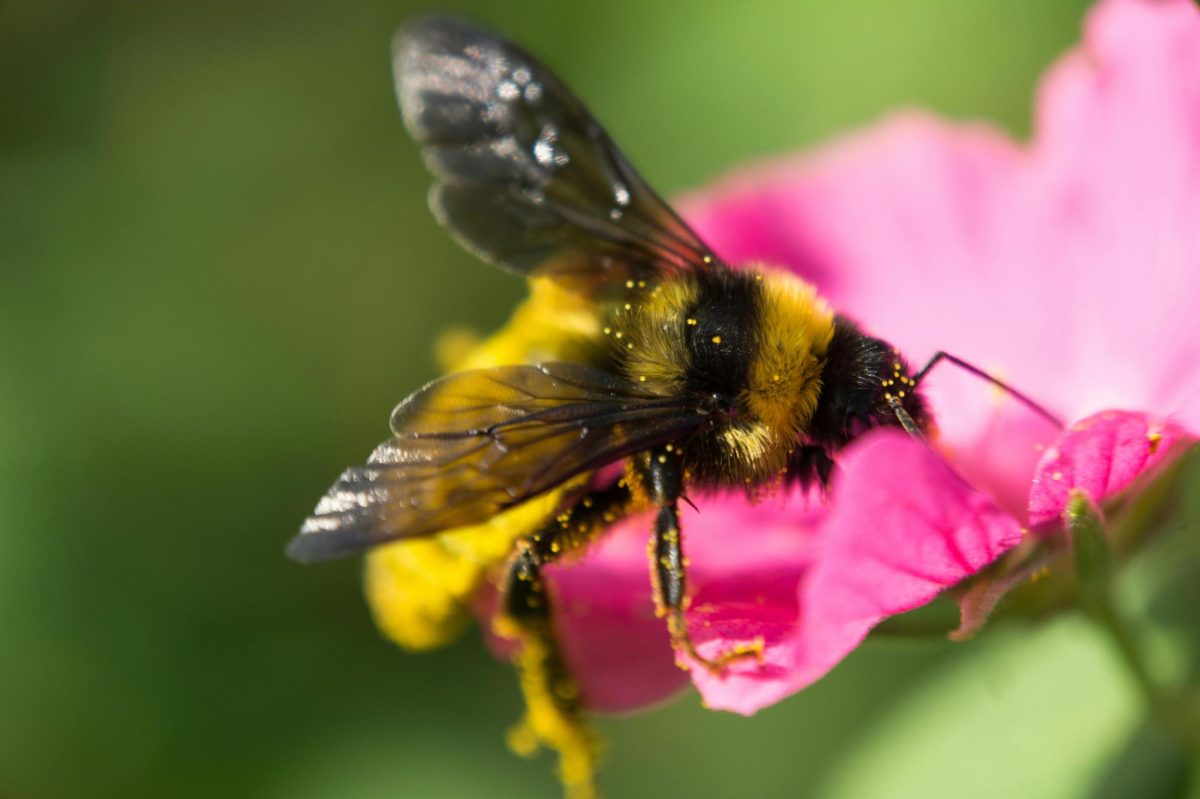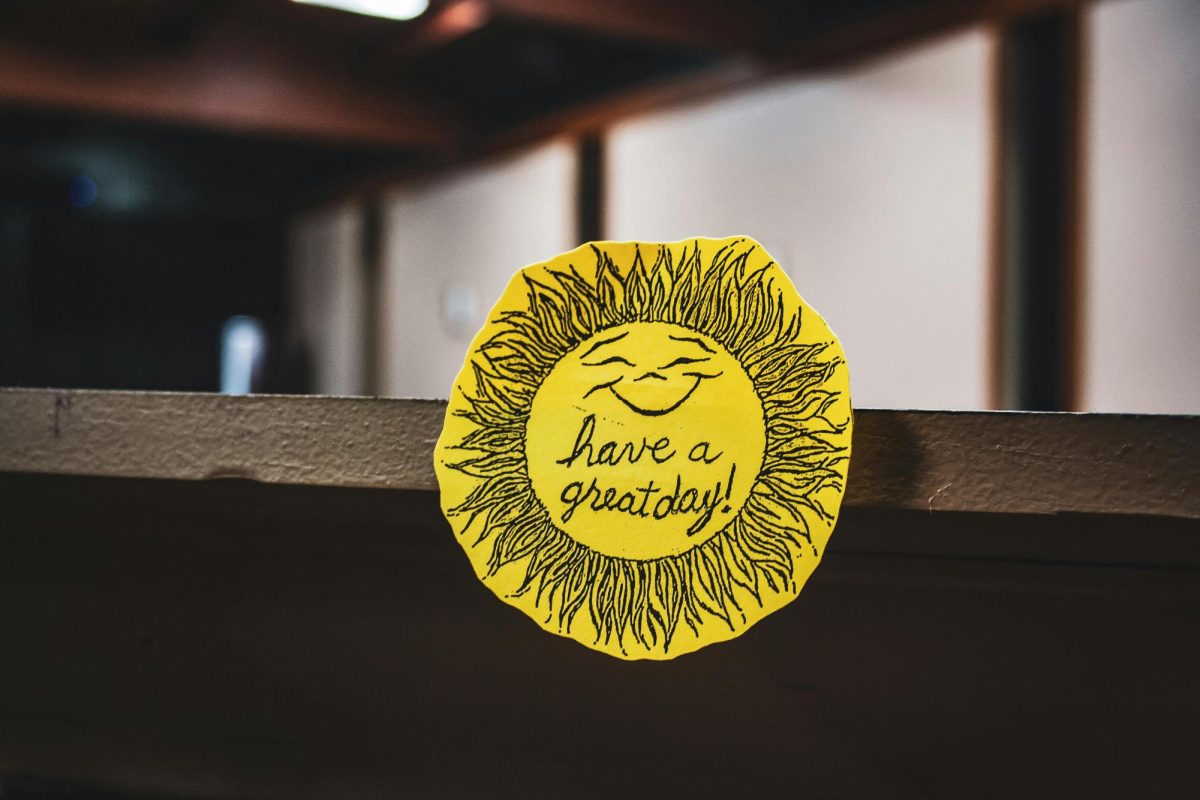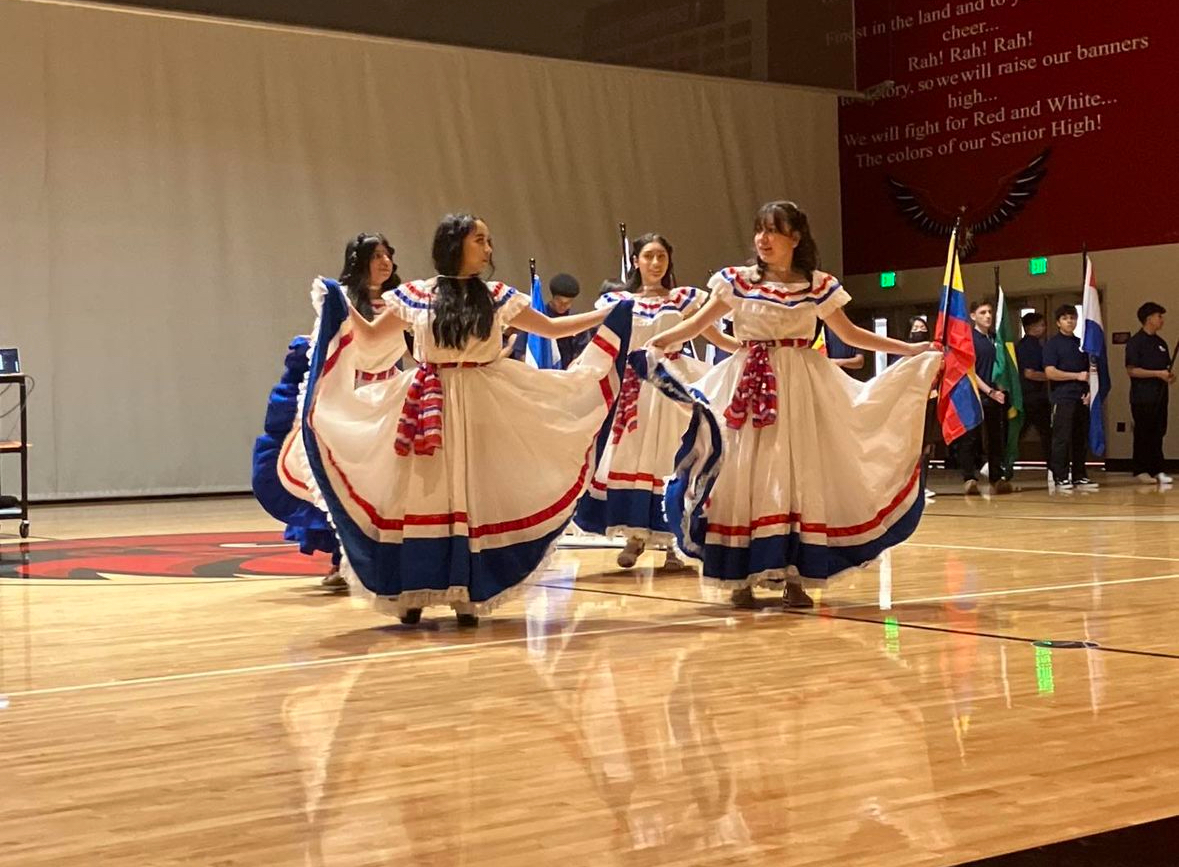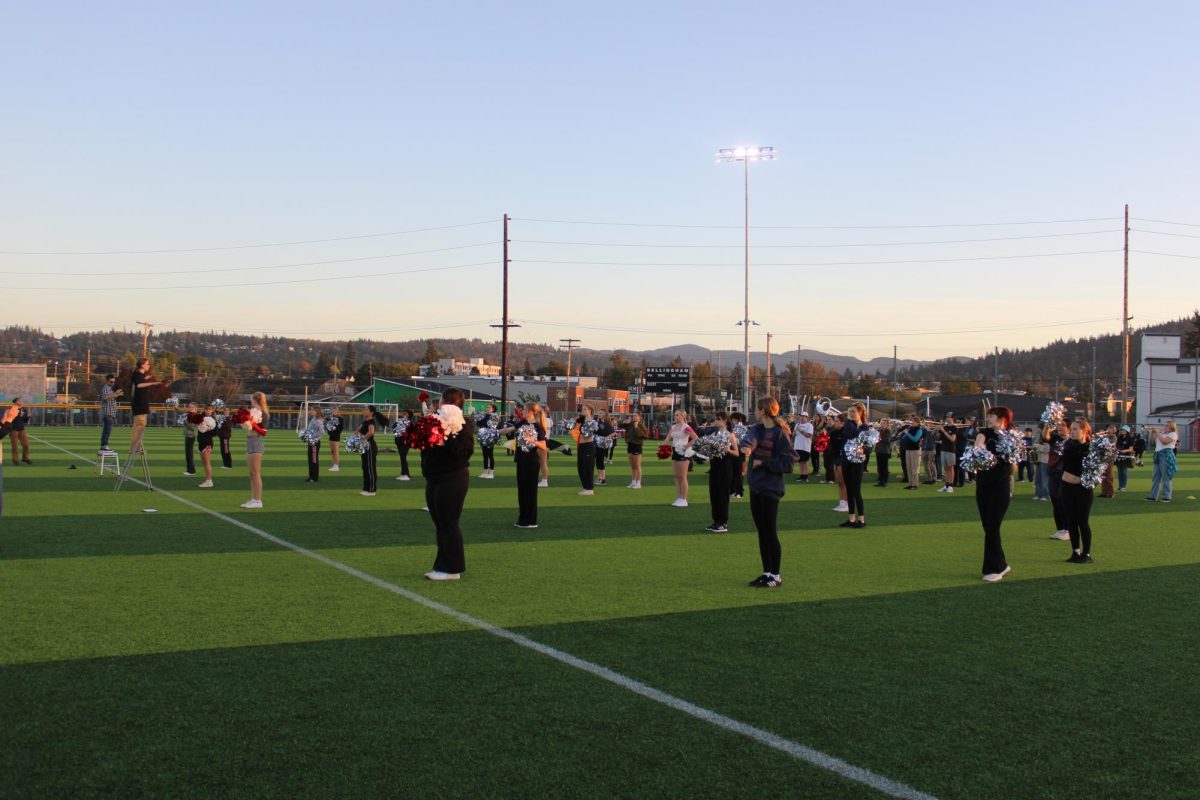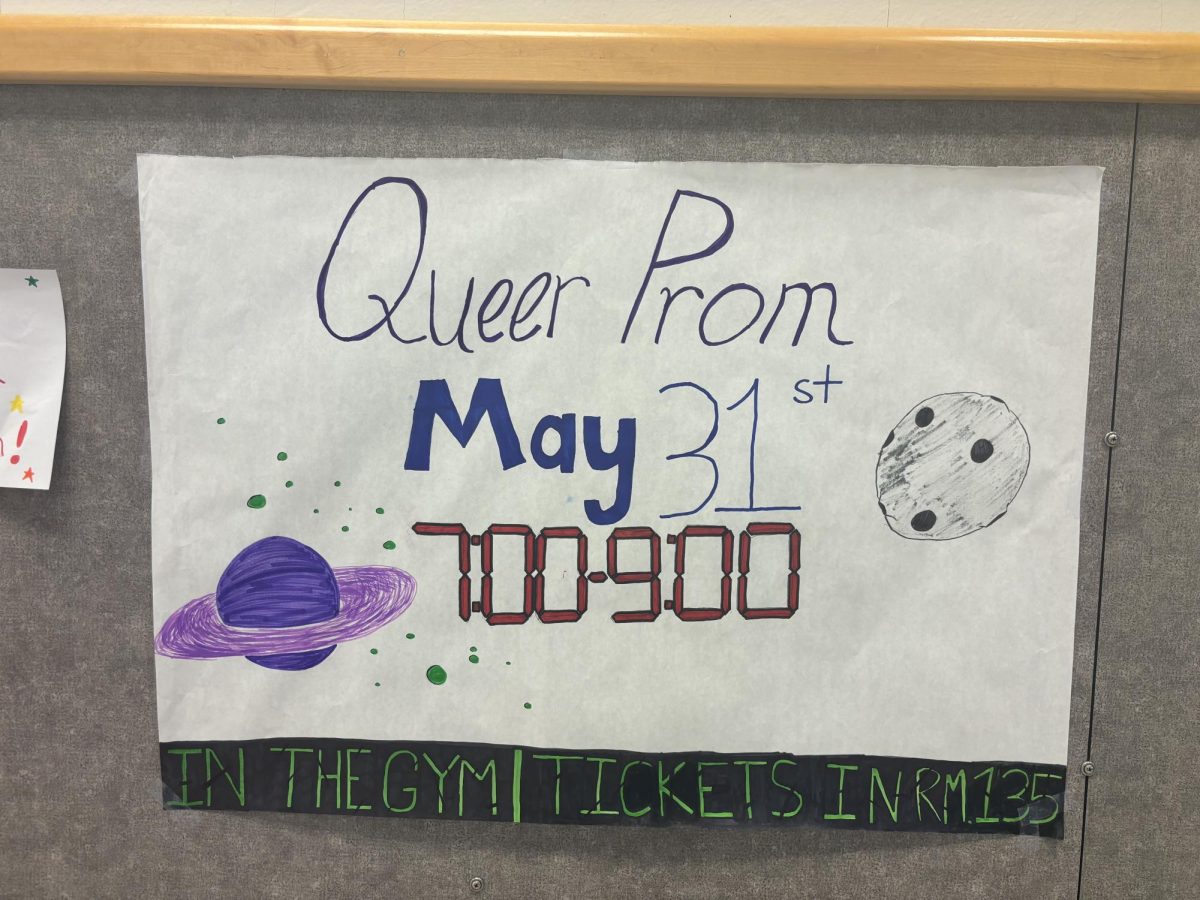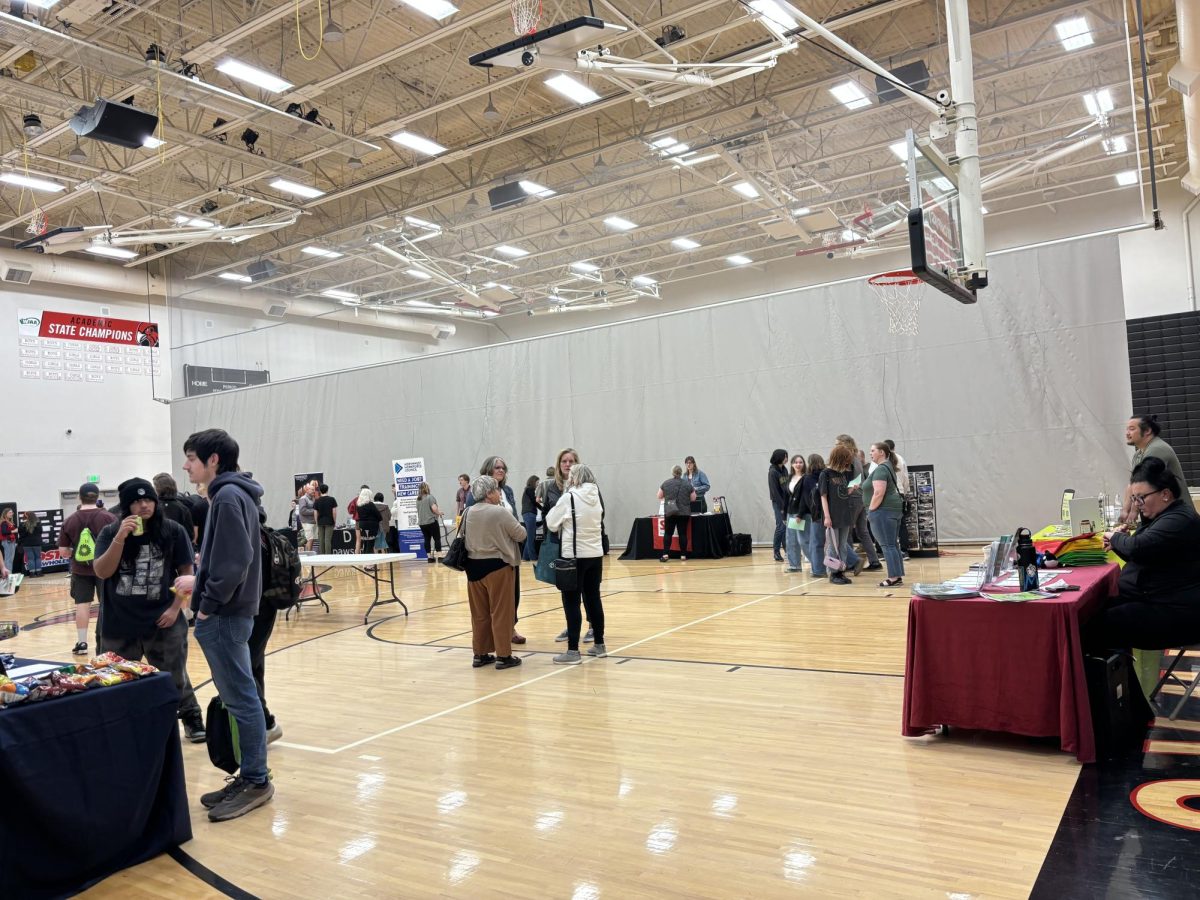Today, May 20, is World Bee Day, which just so happens to fall on a B day. What a nice coincidence!
Bees are one of the world’s leading pollinators, which means they help plants to reproduce by carrying pollen from one plant to the next. However, due to global warming and an increasing usage of pesticides in farms, bee populations across the globe are threatened. According to the United Nations, nearly 90% of the world’s plants, and 75% of the world’s crops, depend on pollinators like bees.
The goal of World Bee Day is to help raise awareness about the risk bees are currently facing, their importance to biodiversity, and to encourage people to help out how they can.
May 20th was chosen as World Bee Day because it is the birthday of Anton Janša, a Slovenian beekeeper and a major pioneer of modern apiculture. World Bee Day has been observed since 2018.
Though bees are typically associated with honey, many bees do not produce it. Here in the Pacific Northwest, no native bees produce honey, but they still play an integral role in maintaining biodiversity.
Bees hibernate over wintertime, and only wake when spring temperatures reach the level bees associate with blooming flowers. Unfortunately, global warming had caused the bees to pick up on their “wake up” signal much earlier than they should, but the flowers do not bloom any earlier. This means that bees can often go hungry in the time between when they wake up and when plants start flowering.
To fix this, it’s important to ensure that bees have access to flowers throughout their waking period, not just in the height of spring. The Koma Kulshan Chapter of the Washington Native Plant Society and Northwest Edible Life have guides for those who wish to garden in a bee-friendly way. Additionally, the Xerces Society for Invertebrate Conservation has resources on how to optimally landscape a multitude of environments in a bee-friendly manner.
The best way for farmers, both large- and small-scale, to help preserve bee populations is to avoid pesticides, because they can massively impact bee populations.
For those who wish to support local apiaries and honey producers, here is a list:
Avalon Apiaries
Marie’s Bees
Beeworks Farm
